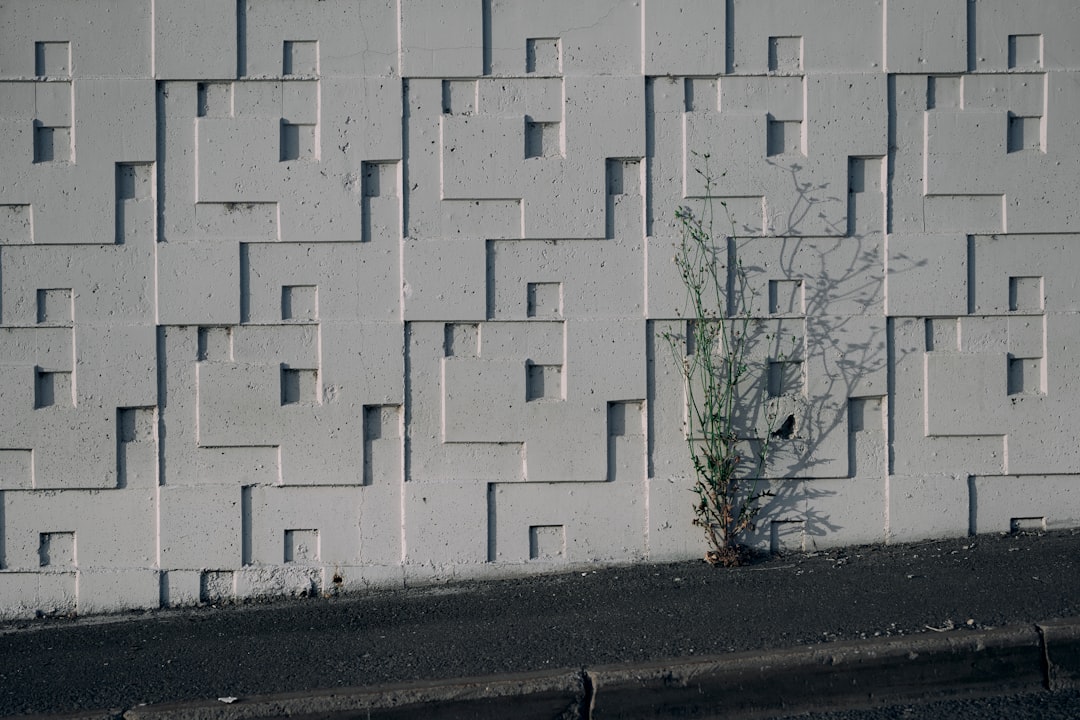
For construction professionals in Portland, Maine, the cost of building a retaining wall can vary significantly based on materials and labor. As of February 2026, expect to pay approximately $30–$35 per square foot for block and cap units, with labor costs ranging from $40–$50 per square foot. Additional costs include base gravel and drainage stone, which typically account for 15% of the total material cost, and geogrid reinforcement, which can add 5%–8% to the total.
Retaining walls in Portland must withstand freeze-thaw cycles, heavy rains, and coastal winds. A block system engineered for strength and styled for New England curb appeal is essential. Professionals can leverage AI-driven estimating to ensure the right block, footing, and price without guesswork.
Real-time voice estimating—Describe your project to our AI assistant for an immediate material list, labor timeline, and cost breakdown.
Blueprint takeoffs in minutes—Upload a PDF plan to automatically isolate wall lengths, elevations, and block counts.
Local block sourcing—We maintain live inventories with Portland-area suppliers, ensuring estimates reflect current stock.
Full-service install or DIY support—Choose from turnkey builds or DIY packages with professional support.
Material selection is crucial for long-lasting performance. Portland's climate demands blocks with high compressive strength, integrated drainage cores, and textured faces that blend with local architecture. Engineers can recommend heights, geogrid spacing, and setback angles that meet local codes.
Concrete segmental blocks are popular for their engineering and ease of installation. For a heritage look, granite or fieldstone veneer is an option. Our estimating engine can price both instantly, allowing professionals to balance aesthetics and budget.
1. Voice Consultation—Chat with our AI estimator or schedule a live video call.
2. Digital Survey—Upload photos and measurements to create a 3D site model.
3. Instant Estimate—Receive a detailed PDF covering all materials and labor.
4. Permit Support—We pre-fill city permit forms and provide engineer-sealed drawings for walls over 4 feet.
5. Material Delivery—Blocks arrive on synchronized pallets to prevent idle time.
6. Installation—Crews excavate, compact, and stack to precise laser levels.
7. Final Walkthrough—A digital punch list ensures all touch-ups are completed before payment.
For a typical 50-foot-long, 3-foot-high wall:
Our voice estimate provides exact numbers for today's date and zip code. DIY pickup packages offer savings on labor while benefiting from bulk pricing.
All installations include a transferable five-year workmanship warranty. Clients receive lifetime access to their digital project file. If shifting soils threaten your wall, our crews can review the original 3D model and deploy targeted repairs.
Transform your landscape with a retaining wall. Visit CountBricks.com to launch a no-obligation voice estimate and discover the perfect solution for your project.

A homeowner on Summit Street faced a 12-foot elevation drop. CountBricks conducted a voice consultation and used AI to analyze site photos.
1. Double geogrid layers kept the wall under 6 feet, avoiding extra permits.
2. An integrated stair core saved on specialty stone costs.
3. A French drain diverted runoff past the new lawn.
The family gained 700 square feet of flat space and a dry basement. Energy savings were immediate. CountBricks received a 9.8/10 satisfaction score for the project.
Inspired by this project? Visit CountBricks.com to start your own retaining wall project with a voice estimate and crew scheduling.